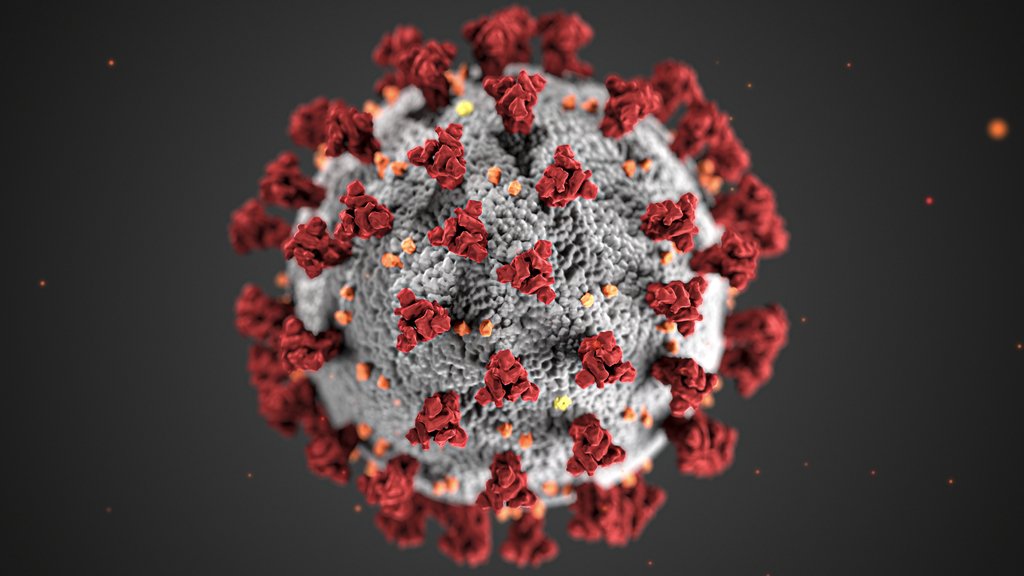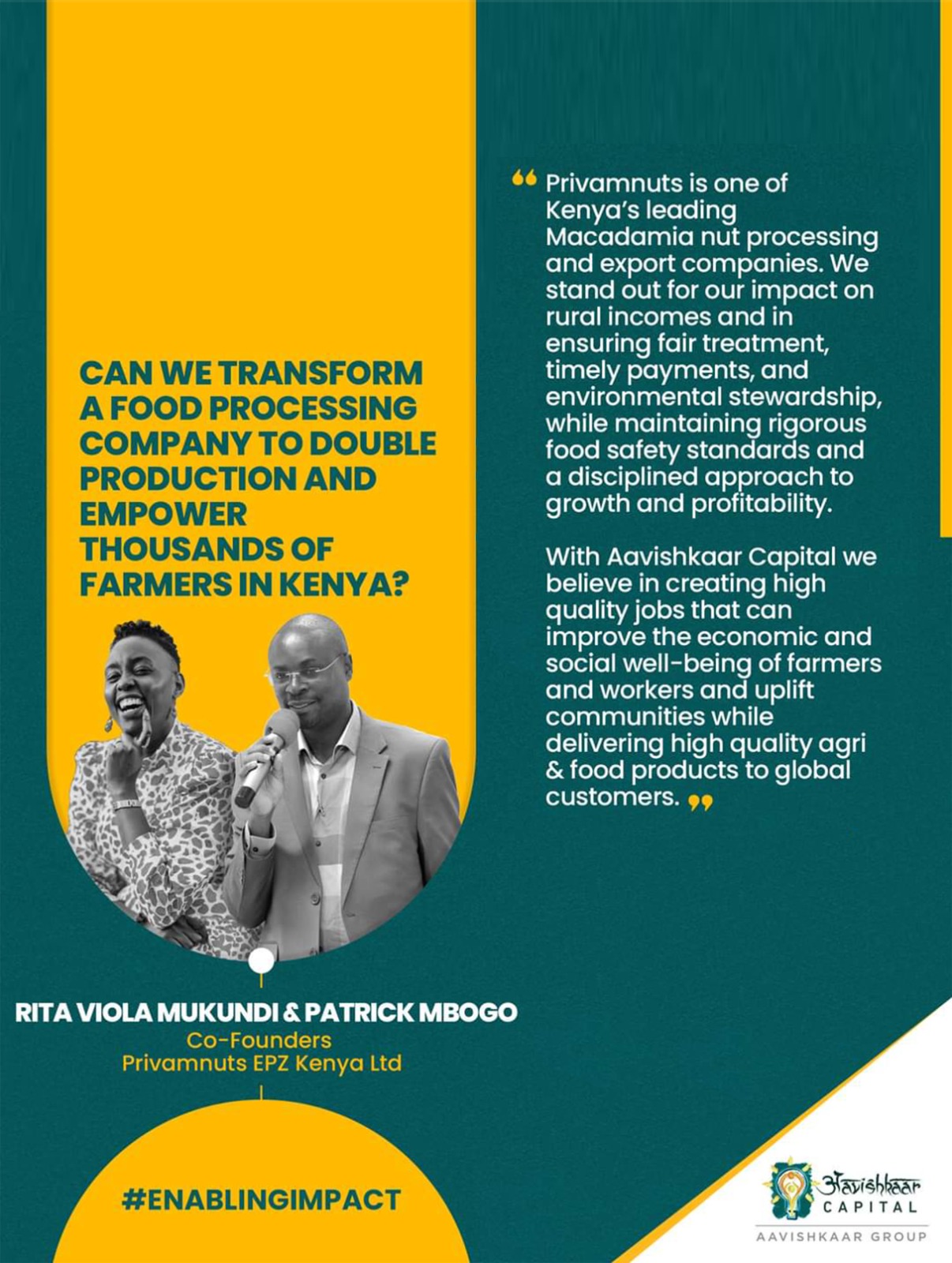
One of the world’s newest technologies has launched into Kenya with the roll-out of the award-winning Livinguard germ-destroying face mask.
The mask destroys 99.9 per cent of viruses and bacterial infections on contact, including SARS-COV-2 and variants of the virus responsible for COVID 19. The virus destroying masks remain effective throughout six months of washing and wearing.
The mask, which can go through multiple washes and replaces an estimated 210 single-use face masks, kills 9,999,999 germs in every 10 million, transforming facemasks into protective wear for the wearer.
The mask technology has the ability to destroy higher loads of germs than those generated in one sneeze.
“The new Livinguard mask is, for the first time, a preventative protection for the wearer, cutting off germs of every type, thanks to positive charges embedded in the mask that break the cell membranes of bacteria and viruses,” said Shivani Swamy, Vice President – Sales and Key Accounts – Middle East and Africa.
The radical new mask has been given accelerated approval as a medical mask by the European Union, with universities in Berlin, Germany and Tucson, Arizona, USA additionally confirming that its self-sanitising fabric kills 99.9 per cent of Covid-19 pathogens.
As a medical breakthrough, it has been globally feted in 2021, named in September as the Sustainability Product of the year by the Business Information Group, and prompting the World Economic Forum to name its producer, Swiss Medtech company Livinguard, a Global Innovator.
“The rollout of the Livinguard mask is a priority for our team as a way to offer an entirely new level of personal protection for healthcare workers and consumers,” said Shivani.
Numerous studies have now shown that cotton and surgical masks become magnets for bacteria, creating new sources of infection, if not changed frequently.
Scientists at Antwerp University found up to 146,000 cells of disease-causing bacteria and viruses on face masks after just four hours of use, and over 40 per cent of these were drug-resistant.
Yet consumers rarely change masks after a few hours. One study of 25,000 consumers by Antwerp University found only 21 per cent of consumers changed or cleaned their masks even daily. While another study in the US, funded by Livinguard, found 79 per cent of Americans don’t wash cloth face masks after each use and 68 per cent reuse one-time-use masks.
By contrast, based on billions of positive charges that have been set into the face mask fabric, the Livinguard mask attracts negatively charged germ cells and disrupts their outer walls. Their contents spill out and the cells are rendered dead and harmless, at which point the charge is freed up to attract new germ cells. This type of action ensures that no pathogen can mutate effectively to remain resistant to the Livinguard technology, this has been vetted through testing against MRSA, VRE and DR TB.
“For frontline medics, this level of disease protection can be a lifesaver, most especially as healthcare workers face the widening prevalence of drug-resistant infections,” said Miss Swamy.
Phillips Healthcare Technologies will be distributing the masks in Kenya, supplying the mask directly to hospitals and clinics, and has also partnered with pharmacy chains GoodLife and HealthyU to supply the mask directly to consumers.














